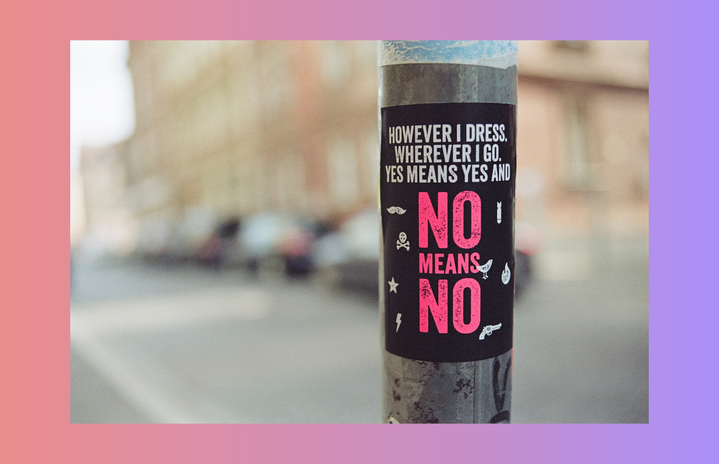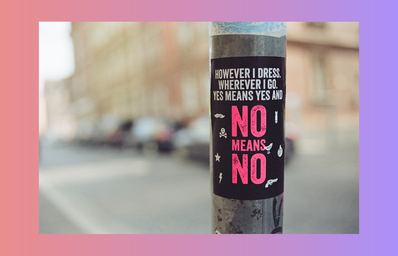The Ashton Kutcher-Mila Kunis apology video has been posted and circulating on the web for almost a week, in which they infamously apologize for the letters they wrote in support of their friend, Danny Masterson, a convicted rapist.
This situation has brought to light the hypocrisy of people; and how they’re willing to compromise their own values to defend their friends and family. Both Kutcher and Kunis are part of Thorn, an organization co-founded by Kutcher that helps children who have suffered sexual abuse. Kunis was also recently in a Netflix film, called Luckiest Girl Alive, where she plays a sexual violence victim. To say the least, many people were shocked and disappointed in both their actions and their apology.
There has always been a long history of people supporting abusers—and not just in Hollywood— by rationalizing their actions, defending them, and blaming their victims. We have constantly seen the blame on victims, which is why assault and abuse are such underreported crimes. Though the #MeToo movement brought some awareness in recent years, it’s not nearly enough. It’s also why so many have felt betrayed by the Ashton Kutcher-Mila Kunis incident; for people who have talked so openly about the effects of sexual violence through their films and organizations, it makes their whole stance on supporting Masterson so much worse.
Kutcher stated in the trial’s court testimony on human trafficking, “But the right to pursue happiness for so many is stripped away, it’s raped, it’s abused, it’s taken by force…”
The letters both show that Kutcher and Kunis are aware that he has committed the crimes. However, according to them, Masterson’s not dangerous anymore; he’s been good to them, has been a “role model,” and therefore his daughter should not have to grow up without a father. This is again coming from a man who publicly fights against the kinds of actions that his friend committed, and from a woman who has put out a film that shows the psychological impact of what this type of violence can do to a person.
Multiple people have called them out, including one of the victims, Chrissy Bixler, who put out an Instagram story revealing some extra information that wasn’t shared before.
The internet has sort of created unnatural, parasocial relationships with celebrities, and though that’s a long conversation for a different time, it does have some meaning here. People are allowed to be upset at Ashton Kutcher and Mila Kunis for their actions and involvement in this. It’s a different form of betrayal. They aren’t our friends, and we don’t know them personally. But in this age of social media, many have looked up to them and hoped that what they presented themselves as was true.


